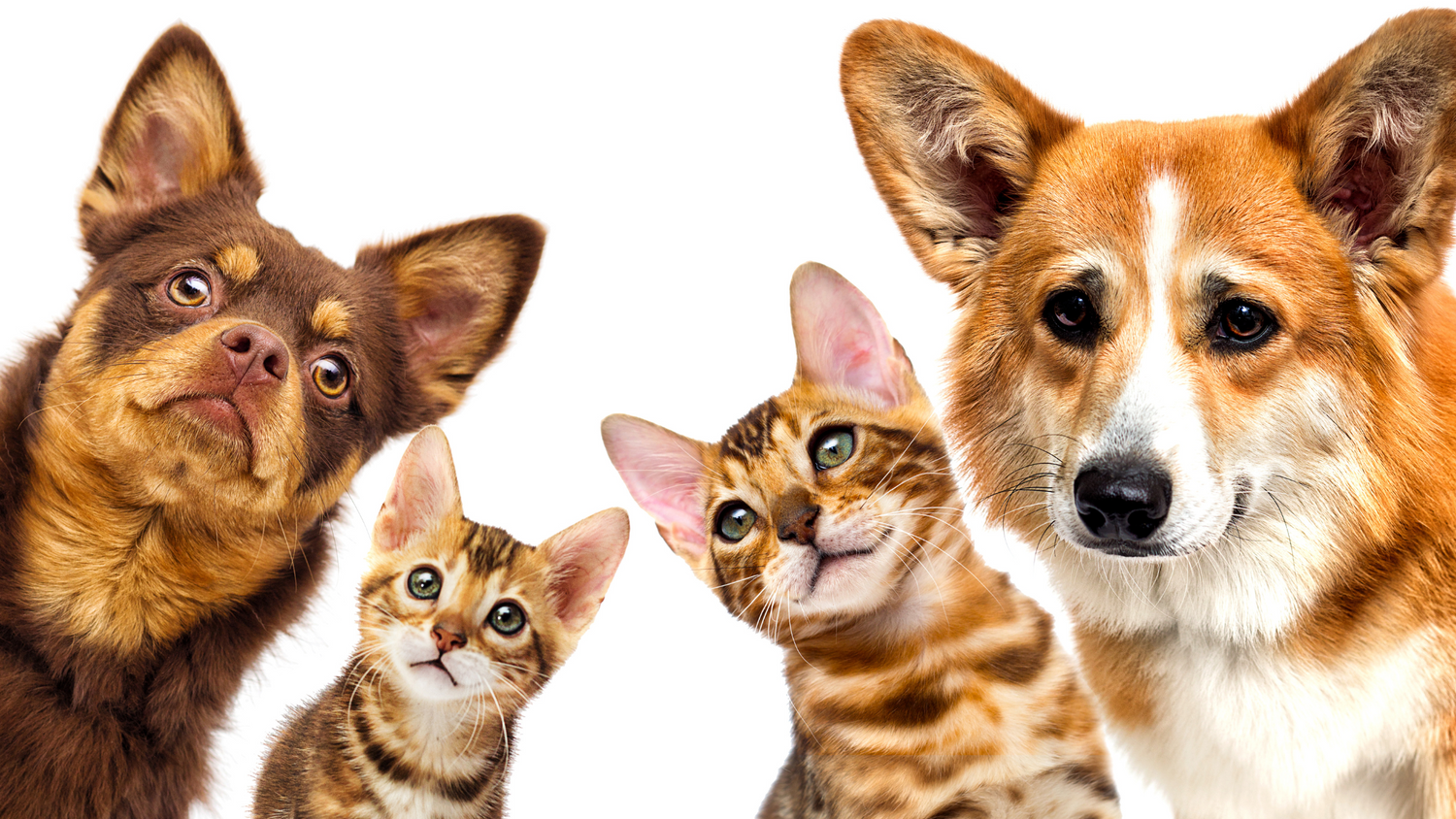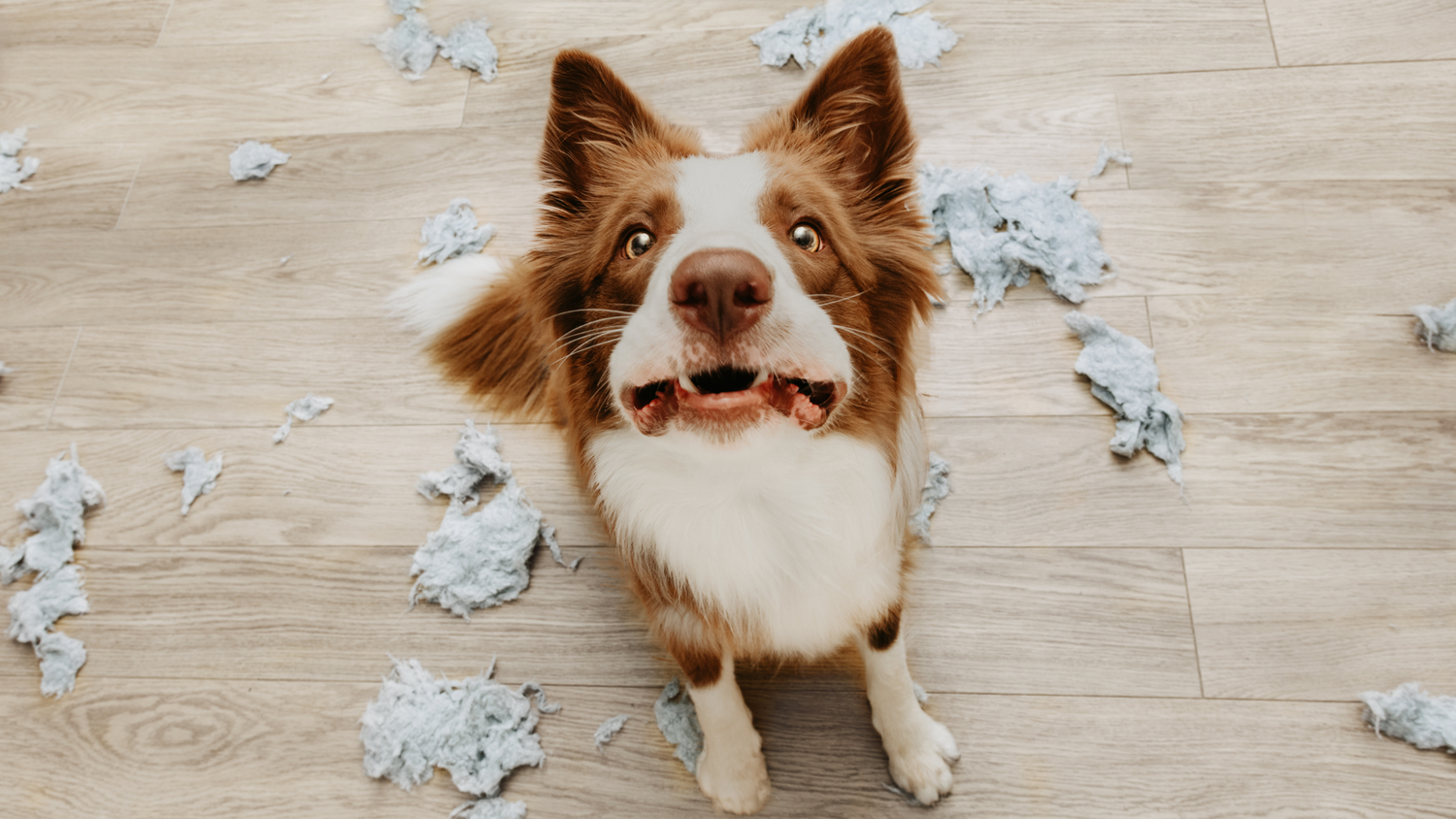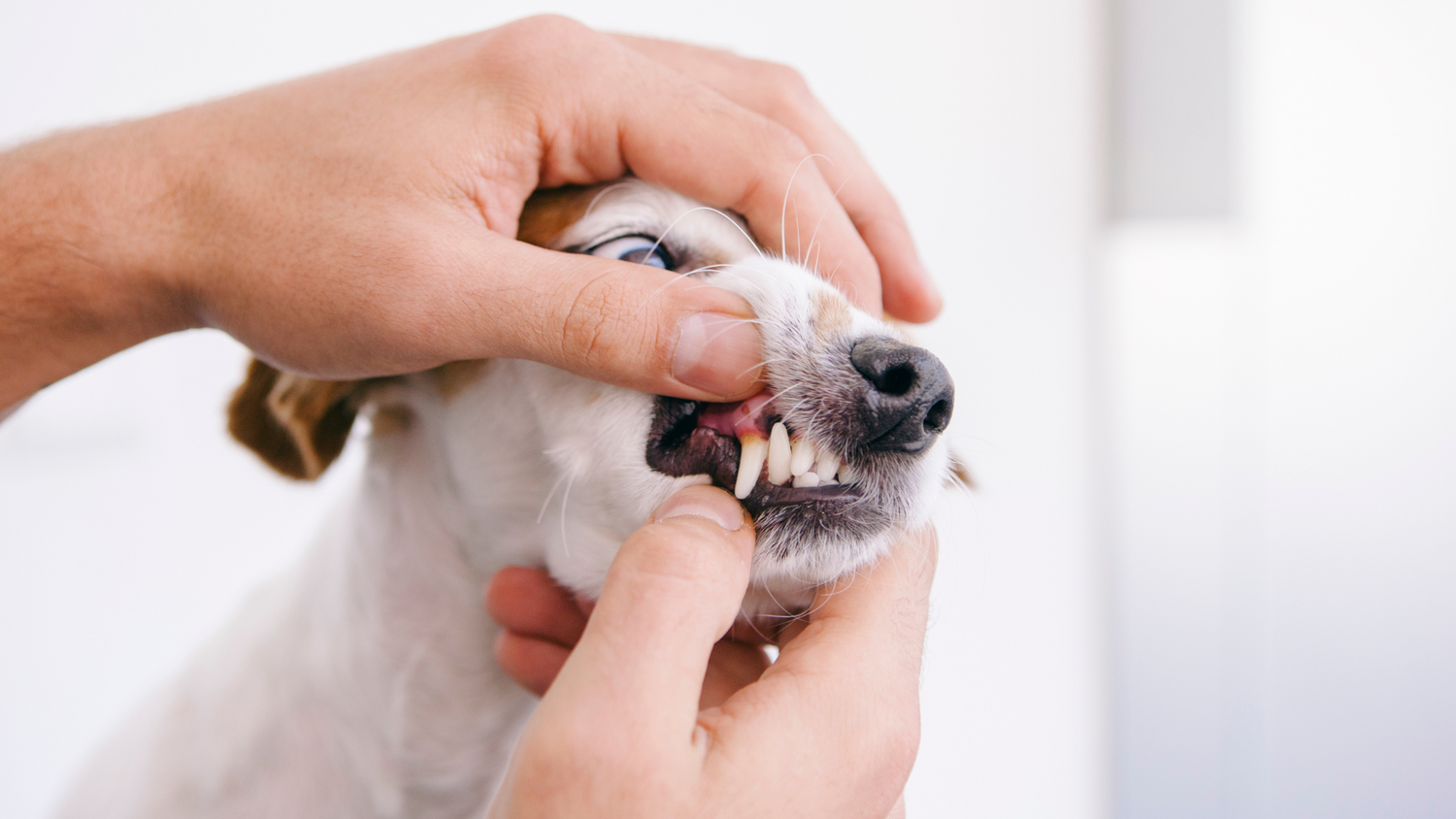
Dog owners often find themselves puzzled and concerned when they notice their furry companions experiencing dandruff. Just like humans, dogs can develop dry, flaky skin that leads to dandruff. While it may not pose a severe threat to their health, it's essential to address this condition to ensure their overall well-being. Dandruff can cause itching and lead to skin irritation or hair loss if irritation continues, especially if there is an underlying issue. So how do we help them?
Understanding Dog Dandruff
Dog dandruff refers to the presence of dry, flaky skin on a dog's coat. It is typically caused by an imbalance in the skin's natural oil production or an underlying skin condition. Several factors contribute to the development of dandruff in dogs, including poor nutrition, allergies, environmental factors, lack of grooming, or even specific breeds that are more prone to dry skin. To effectively address dandruff, it is crucial to identify the underlying cause.
Causes of Dog Dandruff
- Dry Skin: Dry air, especially during winter months, can cause your dog's skin to become dry and flaky. Insufficient humidity in the environment can strip away moisture, leading to dandruff.
- Allergies: Dogs can develop allergies to certain foods, environmental factors like pollen or dust mites, or even grooming products. Allergic reactions can trigger skin inflammation and dryness, resulting in dandruff.
- Parasites: External parasites such as fleas or mites can irritate your dog's skin, causing itching and flaking. Frequent scratching can further damage the skin, leading to dandruff.
- Poor Nutrition: A diet lacking in essential fatty acids and other nutrients can affect the overall health of your dog's skin, making it prone to dryness and dandruff.
- Underlying Skin Conditions: Certain skin conditions like seborrhea, dermatitis, or fungal infections can contribute to dandruff in dogs. These conditions may require veterinary attention for proper diagnosis and treatment.

Solutions for Dog Dandruff
- Regular Grooming: Brushing your dog's coat regularly helps distribute natural oils and removes dead skin cells, reducing the likelihood of dandruff. Choose a brush suitable for your dog's coat type.
- Bathing: Use a moisturising dog shampoo that is specifically formulated to nourish and hydrate the skin like our Pet Shampoo! Avoid over-bathing, as it can strip away essential oils, exacerbating dryness.
- Balanced Diet: Ensure your dog is receiving a well-balanced diet rich in essential fatty acids, vitamins, and minerals. Try adding an omega supplement like our Mega Oil to enrich their skin and coat from the inside out.
- Humidifier: During dry seasons or in homes with central heating, consider using a humidifier to add moisture to the air. This helps combat dryness and keeps your dog's skin hydrated.
- Topical Creams: To help soothe the skin our Derma Cream can be used to hydrate and soothe the skin!
- Allergen Management: If your dog has allergies, identify and minimise exposure to allergens such as certain foods, dust, or pollen. Our Gut Repair Pack is great to support the immune system through allergies! Always speak to your vet to have them tested if you suspect they have allergies.
- Vet Consultation: If your dog's dandruff persists or is accompanied by other concerning symptoms like excessive scratching or hair loss, consult your veterinarian. They can diagnose underlying skin conditions and recommend appropriate treatment.
Dog dandruff may seem like a minor concern, but it's important to address it to ensure your dog's comfort and overall health. There are plenty of at home remedies to try and manage it yourself, if symptoms persist speak to your vet about underlying issues.





